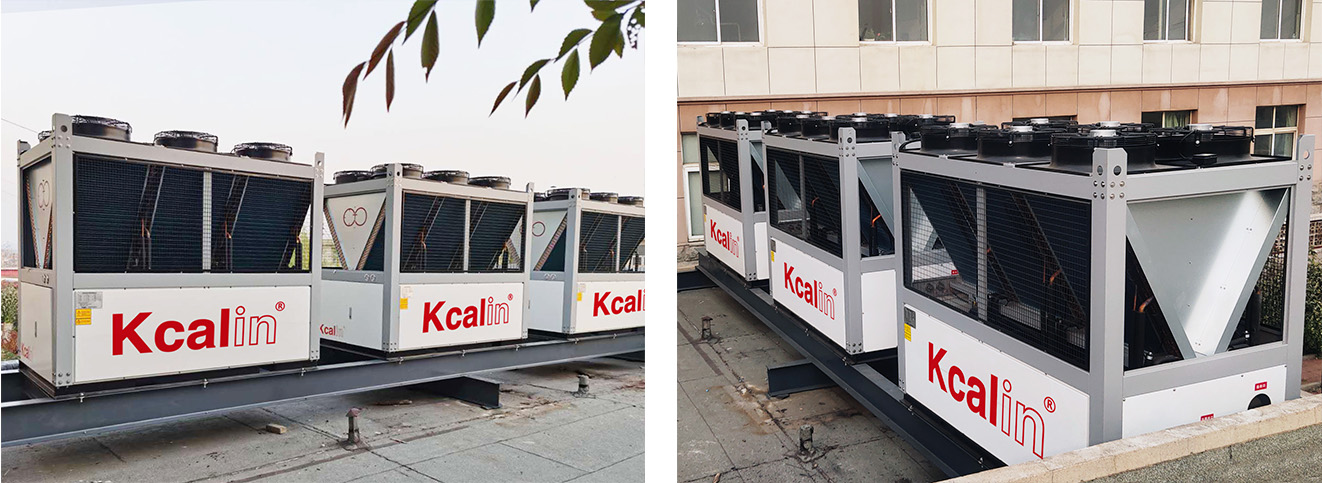With the increasing scarcity of energy resources and the escalating environmental issues, finding efficient heating methods has become crucial. In this context, air source heat pumps have gradually gained widespread recognition as a green and efficient heating option.
In cold winter, indoor heating is not only a necessity for comfortable living, but also directly affects energy consumption and environmental health. Traditional heating methods, such as coal-fired heating and resistive heating, not only have low efficiency but also generate a large amount of greenhouse gas emissions, causing significant pressure on the environment. Therefore, it is urgent to find an efficient and environmentally friendly heating method, and air source heat pumps are the ideal choice to meet this demand.
Air source heat pump is a device based on the principle of heat transfer, and its working principle is similar to household refrigeration air conditioning. It includes the following main components:
Evaporator: The evaporator absorbs heat from the outdoor air, causing the refrigerant to evaporate into gas.
Compressor: The compressor compresses low-temperature and low-pressure gas into high-temperature and high-pressure gas.
Condenser: The condenser releases the heat generated by the compressor and condenses the refrigerant into a liquid.
Expansion valve: The expansion valve controls the flow of refrigerant, converting it into a low-temperature and low-pressure liquid, ready to enter the next cycle.

In heating mode, the air source heat pump absorbs heat from the outdoor air and releases it indoors, providing a warm indoor environment. During this process, it consumes relatively less electrical energy because it mainly transfers heat from one place to another, rather than directly generating heat.
Energy utilization advantages of air source heat pumps
Efficient energy utilization: The energy utilization efficiency of air source heat pumps is very high. They can extract heat from outdoor air and work even in low-temperature environments. This means that they can provide efficient heating during cold winters while reducing energy waste.
Environmental protection: Compared to traditional coal-fired heating methods, air source heat pumps do not generate harmful exhaust emissions, making them more environmentally friendly. They help reduce greenhouse gas emissions and reduce adverse effects on the atmosphere.
Energy cost savings: Although the initial investment of air source heat pumps may be high, they are usually able to save a significant amount of energy costs during operation due to their efficient energy utilization. In the long run, this will help you reduce heating expenses.
Widely applicable: Air source heat pumps are suitable for various application scenarios, including household, commercial, and industrial applications. Both small residential and large office buildings can benefit from their efficient heating advantages.
With the continuous progress of science and technology and the higher demand for sustainable development, air source heat pumps will continue to develop and improve. In the future, we are expected to see more innovative designs and more efficient systems, making air source heat pumps a heating choice.
The energy utilization advantages of air source heat pumps make them an ideal choice for modern heating. They are efficient, environmentally friendly, and cost-effective, suitable for various application scenarios. By adopting air source heat pumps, we can better meet heating needs while reducing dependence on limited energy resources, contributing to environmental protection and sustainable development. This is the direction of our future heating.







Comment